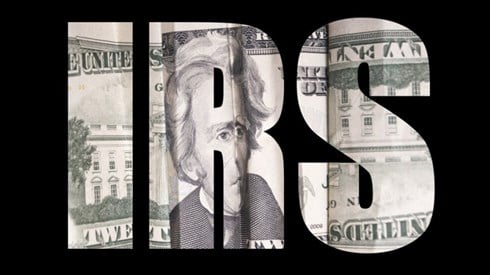High Court Rules for CIC Services in IRS Micro-Captive Reporting Case

May 19, 2021

In a unanimous ruling, the US Supreme Court held that captive manager CIC Services' challenge of an Internal Revenue Service (IRS) micro-captive reporting requirement is not prohibited by federal law.
In its ruling in CIC Servs., LLC v. Internal Revenue Serv., No. 19-930, 2021 U.S. LEXIS 2585 (May 17, 2021), the nation's high court overturned a federal district court ruling and remanded the case to the lower court for consideration of CIC's effort to stop the IRS for enforcing its micro-captive reporting requirement set out in Notice 2016-66. The IRS contended that micro-captives are "transactions of interest" that should be reported to the IRS.
"The IRS never vigorously disputed our contention that Notice 2016-66 is an illegal regulation," Sean King, general counsel for CIC Services, said in a statement. "In the latter stages of litigation especially, the Service more or less accepted, at least for the sake of argument, that the notice was illegally issued in contravention of the Administrative Procedures Act."
In a countersuit, however, the IRS contended that CIC was barred from bringing its suit by the Anti-Injunction Act, a measure preventing courts from issuing injunctions that restrain the assessment or collection of a tax.
The Supreme Court, however, determined that the Anti-Injunction Act didn't apply in the case of CIC's suit.
"CIC's suit targets neither a regulatory tax nor a revenue-raising one; CIC's action challenges a reporting mandate separate from any tax," the Supreme Court's opinion, written by Justice Elena Kagan, said. "Because the IRS chose to address its concern about micro-captive agreements by imposing a reporting requirement rather than a tax, suits to enjoin that requirement fall outside the Anti-Injunction Act's domain."
"When we go back to district court this time, the IRS will not be able to hide behind the Anti-Injunction Act," Mr. King said in CIC's statement. "This time, it will have to defend itself as any other administrative agency would. It will have to account to the court for its abuses, and the court will be empowered to end it."
So-called micro-captives, small captive insurance companies that elect to be taxed under section 831(b) of the Internal Revenue Code, which allows small insurance companies to be taxed only on their investment income, have been the target of IRS scrutiny in recent years. Until 2020, micro-captives had been included for several years on the IRS's annual "Dirty Dozen" list of potentially abusive transactions.
The IRS has noted that in the past several years, it has intensified its efforts to combat abusive micro-captive insurance arrangements.
In 2020, the agency deployed 12 new micro-captive examination teams to substantially increase its examinations of micro-captive insurance transactions, while in April it warned participants in abusive micro-captive arrangements to exit those arrangements as soon as possible. Days later, the IRS announced that it had formed an office to coordinate the agency's focus on abusive tax avoidance transactions, including abusive micro-captive insurance arrangements.
May 19, 2021




